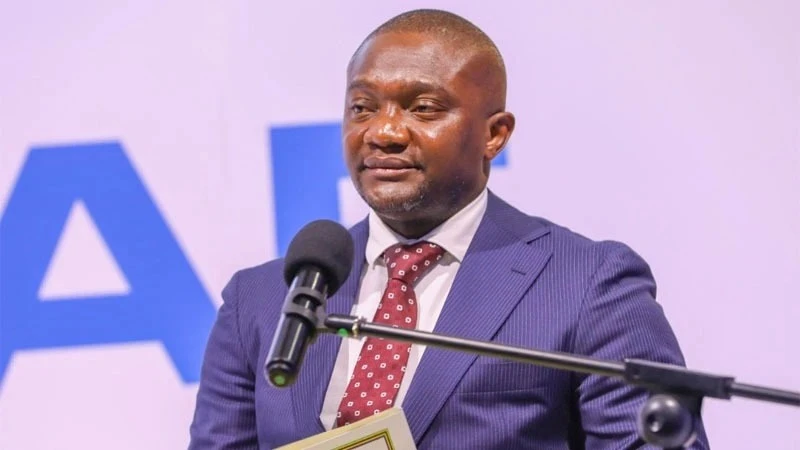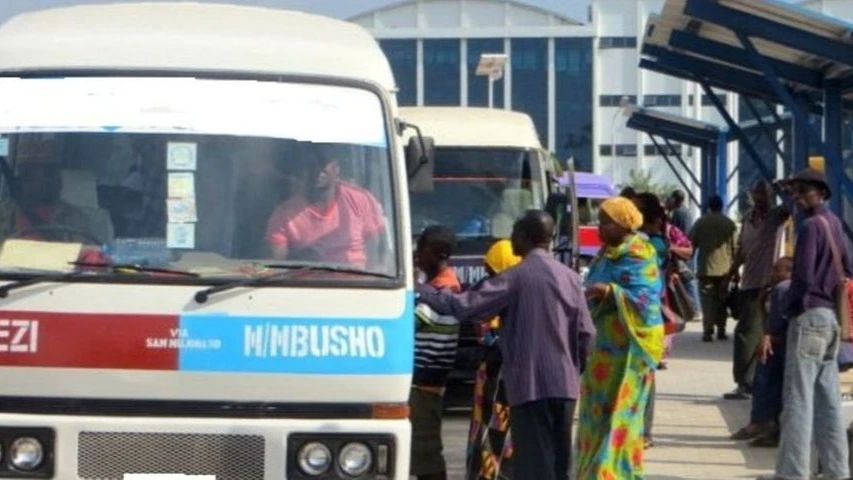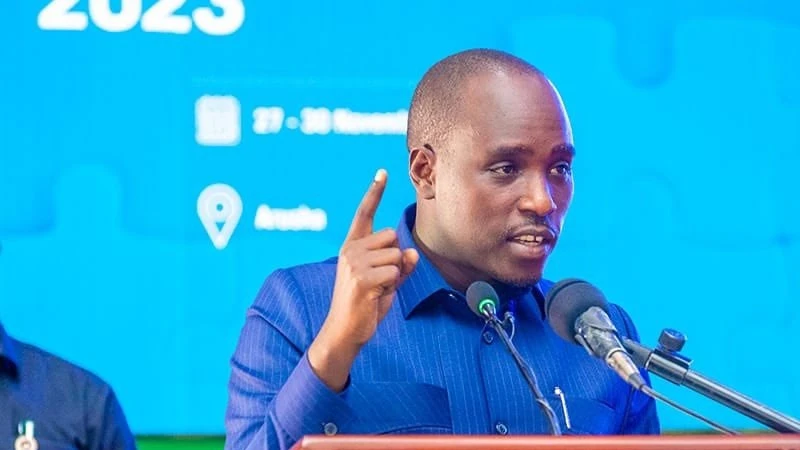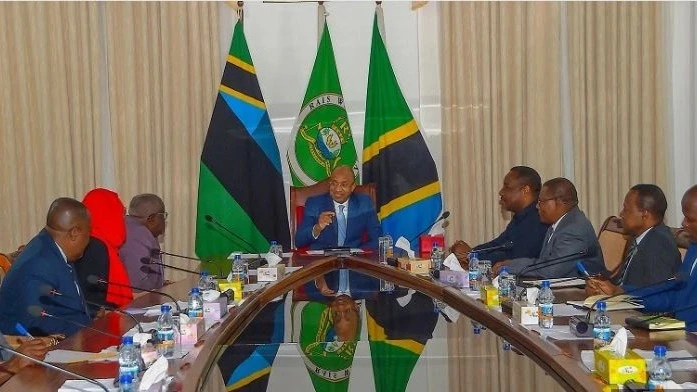That RCs must really be in charge surely demands structural changes

POLITICAL and other observers will likely already be on the lookout for discernible changes in the country’s regional administration, with a minister of state in the President’s Office quoted as having issued a strident call in that direction.
The minister had demanded that regional commissioners adopt appropriate leadership models of solving problems facing the public and not wait for interventions from above. That is largely true, but it is limited to issues of defence and security.
When it comes to project implementation and accounting – that is as to who clears the use of funds, power lies with districts.
In the event of problems, these usually check that out with ministerial departments but not the regional administration.
What in fact remains for regions is particularly selective, and might include demanding investigation into the use of funds by the Prevention and Combating of Corruption Bureau.
One difficulty with that sort of avenue is that legislators are elected to bring resources to the local level and take comfort in having done that, while any administrative issues there may be are left to district commissioners (DCs).
It is unclear how far the DCs need to countersign documents on how municipal, town and district councils spend cash or how that method is applied at lower levels, as large sums of money are directed there as well.
In these days of carbon credits business, for instance, eight villages were handed 14bn/- to share out in Katavi Region, implicitly for their exclusive use!
With this, it is hard to map out where the sphere of responsibility of regional commissioners (RCs) will be, outside land-related conflicts and other forms of disorder.
Similarly, even there the scope of RCs handling issues is limited. In the most recent Kariakoo business district closure of shops, three ministers were on the spot to sort out matters.
Finally, a national delegation of the traders’ community negotiated at length with a team led by Prime Minister Kassim Majaliwa in person.
Shop closures have plenty to do with the upholding of public order, but definitely RCs aren’t in charge of how things can be handled.
That is why one has to make an effort to find out usable clues on how far RCs can live up to demands by the government that they have been entrusted by the president to lead the regions, and thus they must trust themselves and take sober decisions, resolving all challenges taken to them.
Outside the sphere of law and order, one finds it relatively hard to find out where RCs can be effective, with an option or prerogative of interfering with district administration.
The second-stage decentralisation in the 1990s or later vested districts with most executive powers on the managing of development projects with ministerial oversight – not regions.
Yet there is no doubt that there is plenty of affinity of this system with the country’s more important development partners.
The likes of the World Bank are by far the most important partner in the devising and execution of numerous small projects, where it has an easier way advising local implementers on what to do.
At times these make decisions on projects on the basis of what they hear on the ground, most especially from their own field pressure groups if they are displeased with central government action.
Meanwhile, district officials need to keep both donors and their own councillors happy. A rather tricky situation, for sure.
Top Headlines
© 2024 IPPMEDIA.COM. ALL RIGHTS RESERVED

















